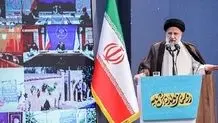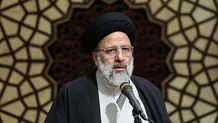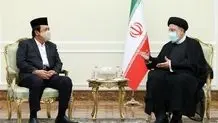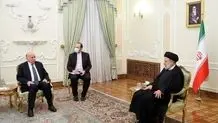Raeisi:
Uni. students not to allow enemy's false dreams to come true
Referring to the footprints of the enemy in recent riots in the country, President Raeisi says that Iranian university students and professors will not allow the false dreams of the enemy to come true.
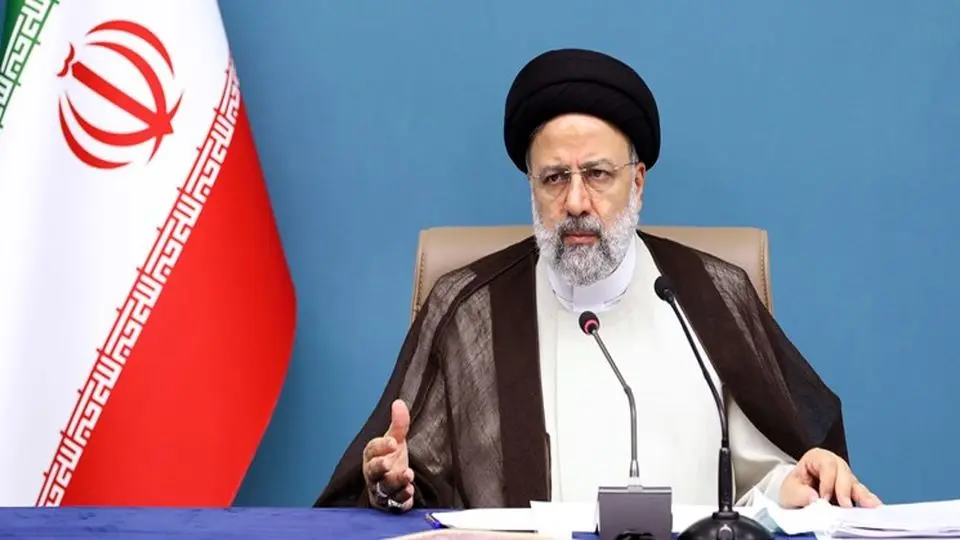
MEHR: Referring to the footprints of the enemy in recent riots in the country, President Raeisi says that Iranian university students and professors will not allow the false dreams of the enemy to come true.
Speaking in a ceremony held on the occasion of the start of the New Academic Year (2022-2022) at Alzahra University, Ebrahim Raeisi pointed to the recent riots in the country over the death of a 22-year-old Iranian woman, Mahsa Amini, and said that the enemy thought that it could pursue its malicious plots in the country through universities.
But the enemy was unaware of the vigilance of Iranian university students and professors that they do not the enemy's false dreams to come true, he added.
Riots erupted after the death of Mahsa Amini last month. Although Iranian President Ebrahim Raeisi immediately ordered a thorough investigation into the case, the protests soon turned violent, with rioters fatally attacking policemen and indulging in vandalism against public property in several cities.
The foreign-backed violent riots have also claimed dozens of lives from both security forces and innocent people as the Western media and Persian-language news networks continue to induce riots in Iran.
Elsewhere in his remarks, he pointed to the negotiations on Iran nuclear deal, saying, "From the beginning, we announced that we will not leave the negotiation table, but we will commit to honorable negotiations, and today the logic of the Islamic Republic of Iran is accepted in the world."
The United States, under former President Donald Trump, abandoned the agreement in May 2018 and reinstated unilateral sanctions that the agreement had lifted.
The talks to salvage the agreement kicked off in Vienna in April last year, months after Joe Biden succeeded Trump, with the intention of examining Washington's seriousness in rejoining the deal and removing anti-Iran sanctions. Despite notable progress, the US' indecisiveness and procrastination caused multiple interruptions in the marathon talks.
Four days of intense talks between representatives of Iran and the five remaining parties to the JCPOA ended on August 8 with a modified text proposed by the EU on the table.
Iran submitted its response to the EU draft proposal on August 15, a week after the latest round of talks wrapped up. After submitting its response, Tehran urged Washington to show "realism and flexibility" in order to reach an agreement.
However, it took almost ten days for the Biden administration to submit its response to Iran's comments on the EU draft.
Iranian foreign minister recently said that an agreement is possible if the American side adopts a realistic approach towards the JCPOA negotiations.
آخرین اخبار Iran را از طریق این لینک پیگیری کنید.

